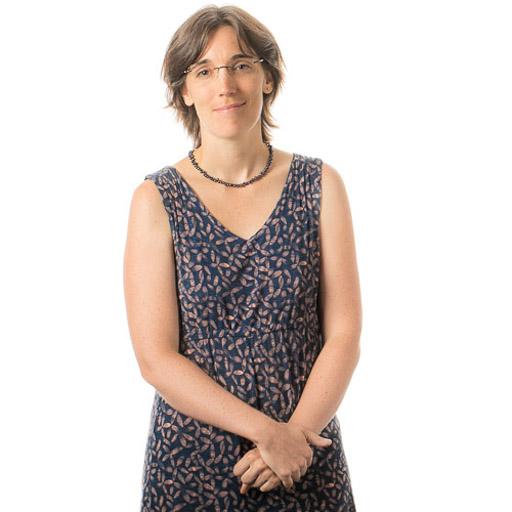
Prof. Emily B.J. Coffey, PhD, MSc, BSc
Thesis supervisor Seeking students
- Associate Professor, Psychology
Are you the profile owner?
Sign in to editThesis supervision details
Supervised programs: Psychology (MA), Psychology (PhD)
Research areas: sleep, plasticity, auditory neuroscience, aging, complex task learning, auditory-motor system, neuroimaging, closed-loop brain stimulation, human performance, portable neuroscience, exploration, spaceflight, misophonia, hearing-in-noise
Contact information
Email:
Website:
Biography
Research Interests
Courses
PSYC363 - Fundamentals of Sensation and Perception
PSYC452 - Neurobiology of Sensation and Perception
PSYC485/495 - Specialization and Honours Thesis
PSYC 315 - Statistical Analysis I

